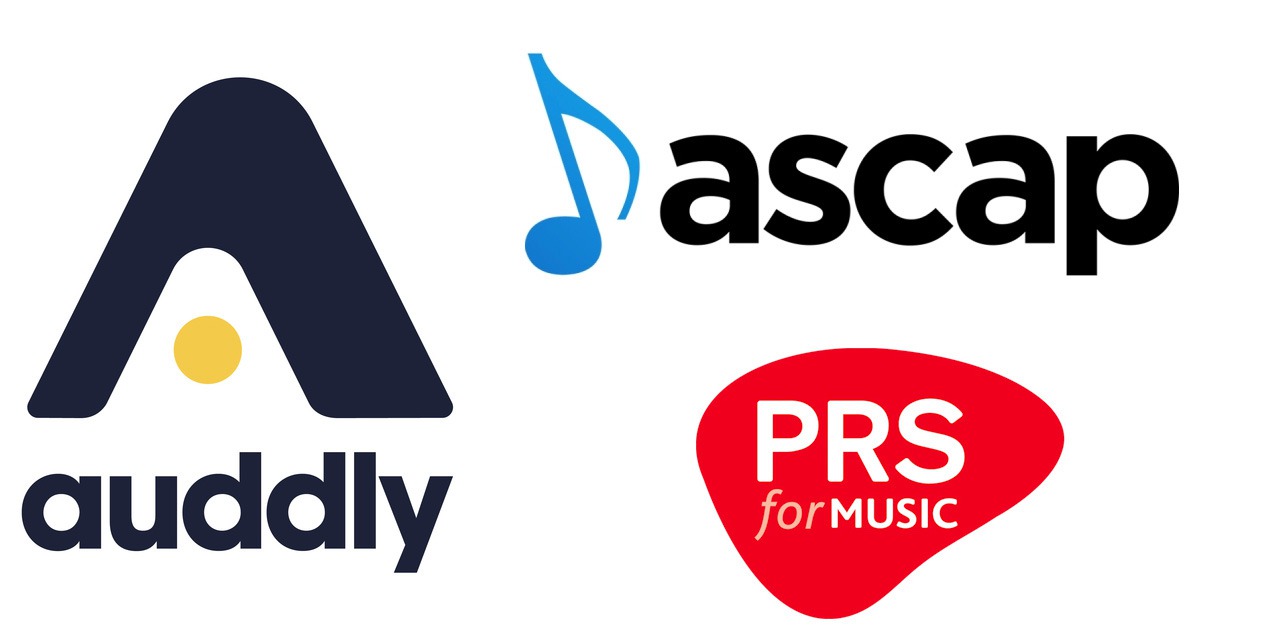Our friends at Royalty Exchange round up and analyse the top news stories of the last week in music royalties.
Facebook Offers Hundreds of Millions of Dollars for Music Rights (Bloomberg)
Benom’s Take: Facebook is putting its money where its mouth is. By offering major record labels and music publishers millions of dollars in upfront licensing payments, the social media giant is stepping up to challenge YouTube in the realm of user generated video content. The move is a positive step for rights holders to get paid something when their music is used in videos posted on Facebook. Something is better than nothing, I guess. However, I think the Bloomberg article nailed the overarching issue here with this quote:
“Getting into business with Facebook presents something of a Faustian bargain. Rights holders need a deal. Given the current legal framework for copyright online, users are going to upload video with infringing material no matter what. The onus is on rights holders to police those videos. A deal ensures they get something, rather than waste resources tracking down all the illegal videos…Yet by further empowering Facebook to host video and music, rights holders risk creating another YouTube…” [READ MORE]
Benom’s Take: In the professional songwriting and music publishing world, when songwriters collaborate to write a song, they usually complete a form called a “split sheet.” This document will list all relevant data for copyright and royalty claims: songwriter names, PRO affiliations, royalty/copyright share splits, addresses, song codes, recording codes, etc. This is especially true when songwriters are signed to a bona fide music publishing company. The music publisher will require the songwriter to submit the completed and signed “split sheet” once the song is finished. Then, the publisher will use the data on this form to enter into their database and register royalty claims around the world. Once all the information is in the database and registered, the publisher will file the split sheet away as supporting documentation to back up their copyright and royalty claims. [READ MORE]
Universal Music’s Parent Company Vivendi, Refuses to Pay French Music Royalties (Music Business Worldwide)
Benom’s Take: Talk about a conflict interest. Universal is owned by French media giant, Vivendi, which also owns France’s largest commercial broadcaster–Canal Plus. As reported, Canal Plus is refusing to pay the French collection society, SACEM (essentially, the ASCAP of France), any more royalties for songwriters and publishers. SACEM has reported to its members that the last payment received and distributed from Canal Plus was Q3 2016. Vivendi owns two major companies that are diametrically opposed to one another. How awkward and what a total disservice to Universal’s roster of songwriters. [READ MORE]
(Late Addition) Milestone for BMI: More Than $1 Billion in Music Royalties (NYT)
Editor’s Take: Woot!
This round-up was put together by Benom Plumb, Assistant Professor of Music Industry Studies at the University of Colorado Denver.
